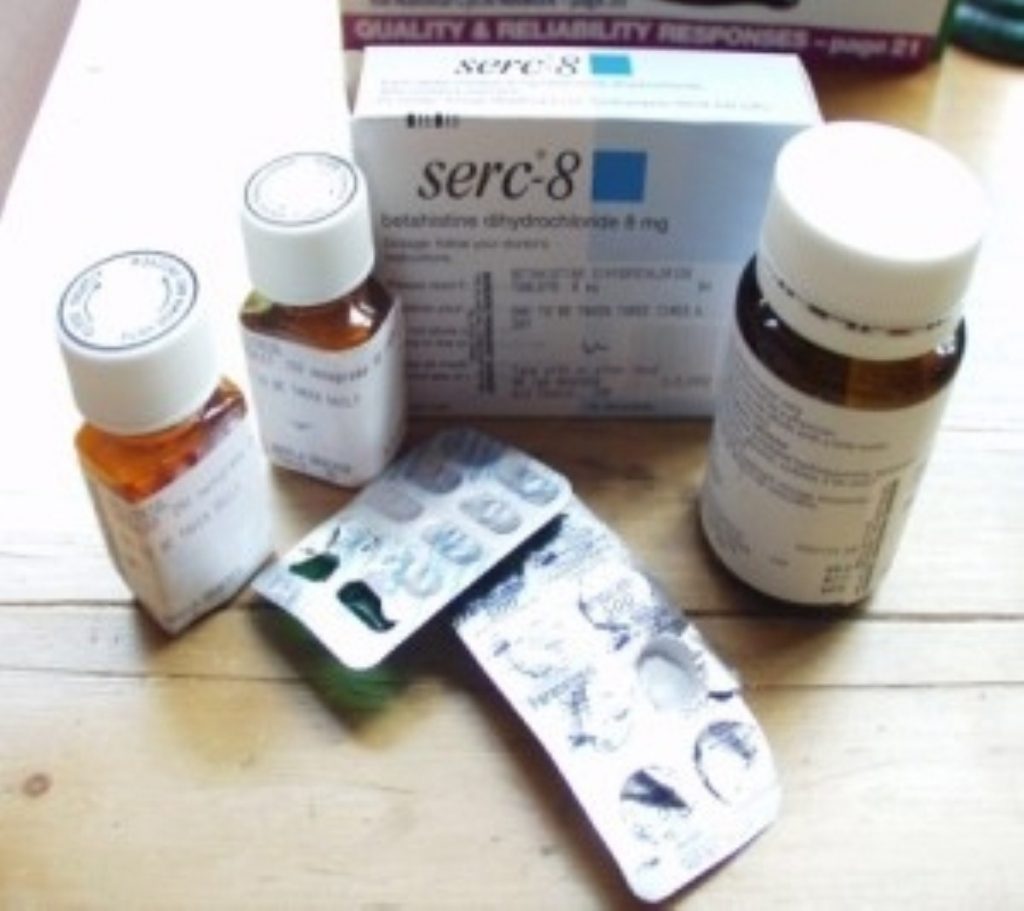Government backs gene therapy expansion
The new Health Secretary John Reid has outlined plans for greater research into gene therapy.
Addressing the Commons this afternoon, Dr Reid announced that more than £50m would be spent on developing knowledge and provision of genetic testing over the next three years.
Gene therapy works by implanting healthy copies of these genes, often attached to a harmless virus, into the patient’s own cells. It can be used to treat genetic disorders, such as cystic fibrosis and Down’s syndrome.
Areas of focus for the earmarked funding include: boosting the capacity of NHS genetic centres; upgrading and expanding the specialist workforce; ensuring that genetics permeate the whole of the NHS; and setting up a new genetic education and training centre.


Further research will also be funded to help convert discoveries into improved patient care, with £4 million going to research into existing medicines, including a university department in pharmogenetics.
£2.5 million will go towards finding a gene therapy for cystic fibrosis, with £3 million for research into other single gene disorders. £4 million has been set aside for the production of gene therapy services.
Dr Reid also signalled the greater use of genetic testing by the NHS to determine who is at risk of developing problems.
However, he recognised the need to counterbalance these by pledging safeguards to minimise the risk of discrimination against people whose test results are bad news.
And he stressed the importance of public support and understanding in the wider community, recognising concerns regarding openness and transparency as well as the growing danger of DNA theft.
Tackling such concerns, Dr Reid announced that there would be legislation making it an offence to test someone’s genetic make-up without their consent, except during medical treatment, where a patient could not give consent, or in lawful use by police or courts.
The minister concluded that there was nothing to fear if the issues were debated openly with proper protections for the public. The UK was on the threshold of a ‘revolution in healthcare’, with genetics being able to deliver ‘real and lasting benefits’, he said.
However there are concerns about the implications of genetic testing. Dr Helen Wallace, of the pressure group GeneWatch UK, said legislation was needed to ensure it is not abused.
‘We hope that the government addresses the issue of genetic discrimination by putting legislation in place to prevent a genetic underclass from developing,’ she told the BBC.
There is also concern that the potential of gene technology has been overhyped, and could raise expectations unduly for the short and medium term.
For his part, Prime Minister Tony Blair said that an expansion of gene testing would have a significant impact on health services across the UK.
Speaking during a breakfast meeting today, the PM remarked: ‘It will alter the way that we look at how we will deliver healthcare for the modern world’.
‘It is going to change the basis on which we diagnose disease, it will change the basis on which we treat it and prepare people against the risks that they will have in the future’.
And he added: ‘If people are going to be able to find out far more clearly what their likely health path is over their lifetime, then that is going to make a huge difference to the way that we deal with issues to do with healthcare within the NHS but also private insurance’.

